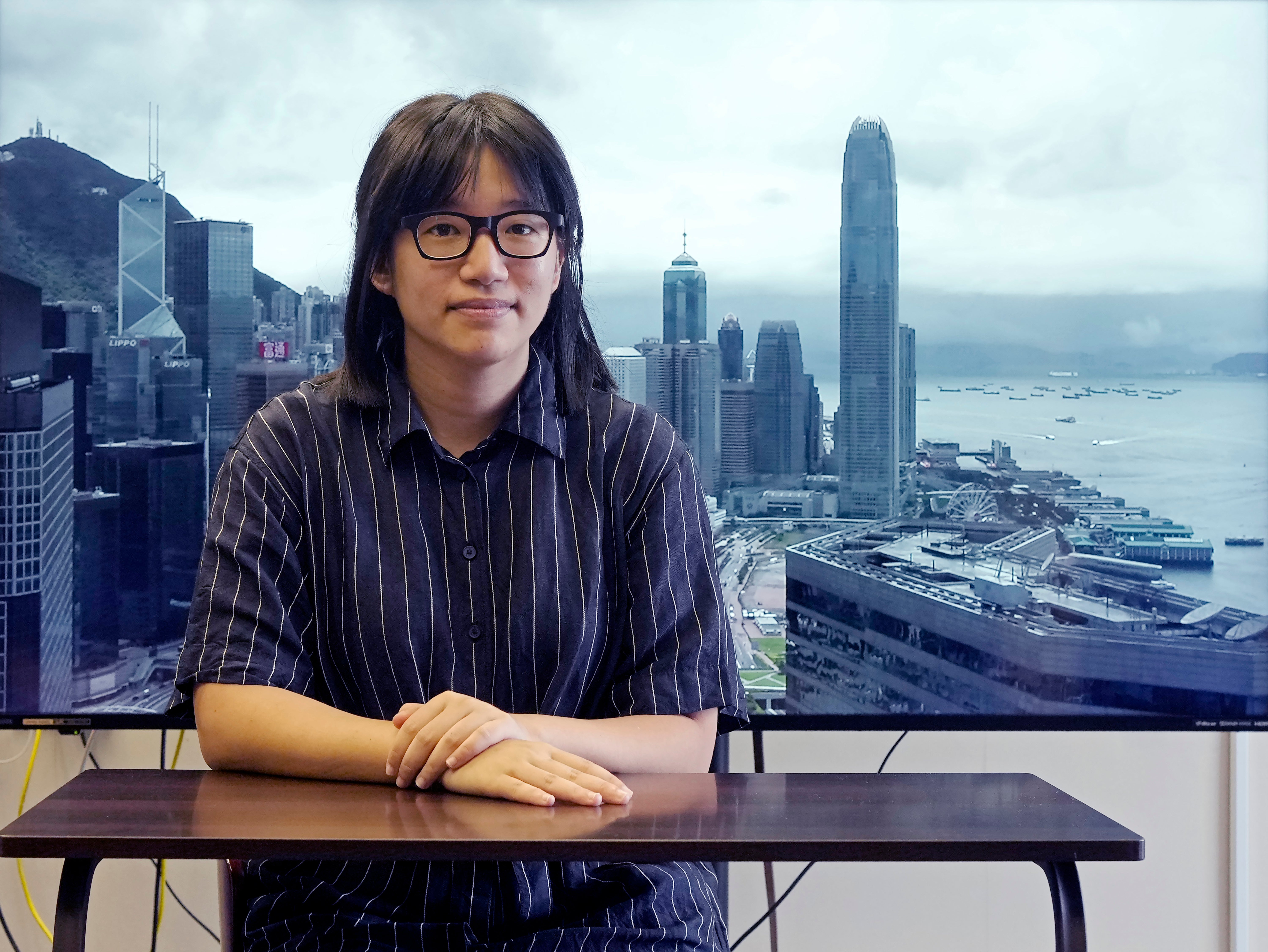Hong Kong's top court restores activist's conviction over banned vigil on Tiananmen crackdown
Hong Kong’s top court has restored a prominent detained activist's conviction over a banned vigil commemorating the 1989 Tiananmen crackdown on pro-democracy protesters, marking the latest setback for the city’s democracy supporters

Your support helps us to tell the story
From reproductive rights to climate change to Big Tech, The Independent is on the ground when the story is developing. Whether it's investigating the financials of Elon Musk's pro-Trump PAC or producing our latest documentary, 'The A Word', which shines a light on the American women fighting for reproductive rights, we know how important it is to parse out the facts from the messaging.
At such a critical moment in US history, we need reporters on the ground. Your donation allows us to keep sending journalists to speak to both sides of the story.
The Independent is trusted by Americans across the entire political spectrum. And unlike many other quality news outlets, we choose not to lock Americans out of our reporting and analysis with paywalls. We believe quality journalism should be available to everyone, paid for by those who can afford it.
Your support makes all the difference.Hong Kong’s top court on Thursday restored a prominent detained activist’s conviction over a banned vigil commemorating the 1989 Tiananmen crackdown on pro-democracy protesters, marking the latest setback for the city’s democracy supporters.
Chow Hang-tung, a former leader of the now-disbanded Hong Kong Alliance in Support of Patriotic Democratic Movements of China, had been sentenced to 15 months in prison in January 2022 for inciting others to take part in the vigil banned by the police on public health grounds during the COVID-19 pandemic in 2021.
For decades, the annual vigil organized by the alliance was the only large-scale public commemoration of the 1989 crackdown on Chinese soil and was attended by massive crowds until authorities banned it in 2020, citing anti-pandemic measures.
In December 2022, Chow won her appeal against her conviction in a rare victory for the city’s activists under Beijing's crackdown on dissidents.
At that time, a High Court judge ruled that although Chow had encouraged others to gather at a park, it was not a crime because the legality of the ban was not established. In quashing her original conviction, the judge ruled that the police had failed to discharge their positive duty to take the initiative in considering feasible measures as conditions enabling the annual vigil to be held.
But the government appealed against the judge's decision.
On Thursday, the Court of Final Appeal restored Chow's conviction. Justice Roberto Ribeiro said in a written judgement the police's ban was a “plainly a proportionate and legitimate measure."
If the police chief “gives genuine consideration to whether the specified interests can be met by the imposition of certain conditions but reasonably decides that this cannot be achieved, he is not required... to refrain from prohibiting the assembly," Ribeiro said.
The alliance was best known for organizing candlelight vigils in Hong Kong’s Victoria Park on the anniversary of the 1989 China military’s crushing of Tiananmen Square pro-democracy protests. But it voted to disband in 2021 under the shadow of a Beijing-imposed national security law.
Supporters say its closure has shown freedoms and autonomy that were promised when the former British colony returned to China in 1997 are diminishing.
Last year, Victoria Park was occupied instead by a carnival organized by pro-Beijing groups to celebrate the 1997 handover even after COVID-19 restrictions were lifted. As authorities erased reminders of the massacre, some Hong Kongers fought to keep memories alive by distributing LED candles, writing about the crackdown, or buying books about it.
Chow was also sentenced to 4 1/2 months in jail for failing to provide authorities with information on the alliance last year. Separately, she and two other former alliance leaders, Lee Cheuk-yan and Albert Ho, were charged with subversion under the national security law.
The law criminalizes secession, subversion, and collusion with foreign forces to intervene in the city’s affairs as well as terrorism. Many pro-democracy activists were silenced or jailed after its enactment in 2020. But Beijing and Hong Kong governments hailed it for bringing back stability to the city.